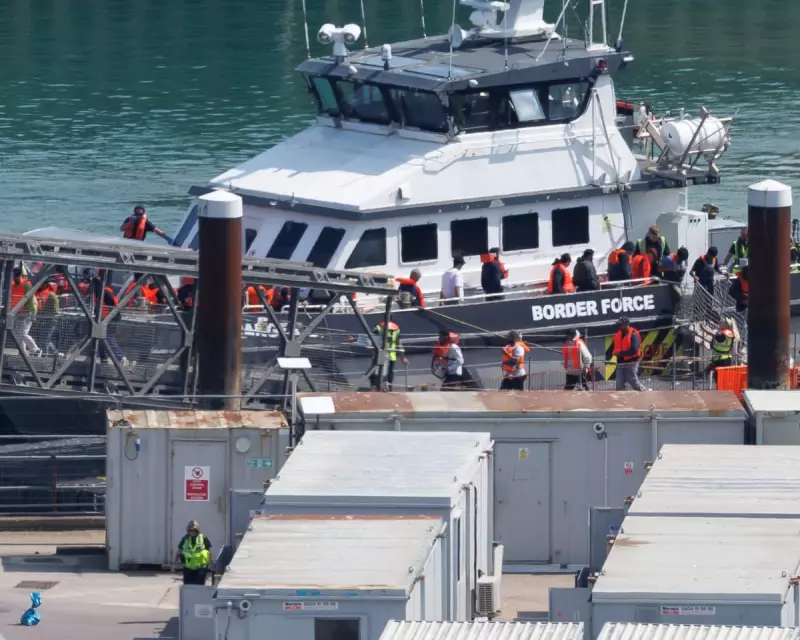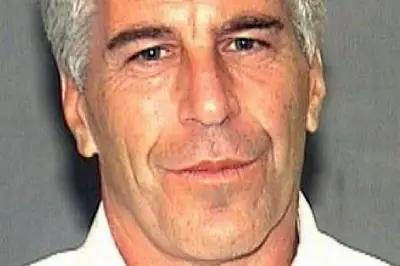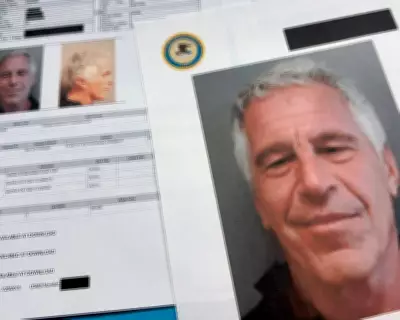
The UK faces an unprecedented border crisis as authorities detained more than 1,000 migrants attempting to cross the English Channel in small boats within a single 24-hour period, marking one of the highest daily totals recorded.
The dramatic surge in arrivals has overwhelmed processing facilities in Dover, where temporary structures are being erected to accommodate the influx. Border Force vessels, alongside emergency services, worked through the night to bring groups ashore amid challenging conditions.
Processing Capacity Stretched to Breaking Point
Official sources confirm that multiple Border Force cutters intercepted over twenty vessels attempting the perilous crossing throughout Tuesday. The operation involved coordination between the Coastguard, RNLI lifeboats, and immigration officials working at maximum capacity.
A government spokesperson stated: "Our teams are working tirelessly in extremely difficult circumstances to manage this unsustainable situation. We continue to pursue our partnership with France and other international allies to tackle this issue at source."
Political Fallout and Policy Responses
The record numbers have ignited fresh political debate, with opposition parties criticising the government's handling of the crisis. Shadow Home Secretary David Lammy described the situation as "a complete breakdown of border security" and called for urgent reassessment of current strategies.
Meanwhile, the Home Office maintains that its Rwanda partnership scheme and increased cooperation with French authorities remain central to deterring crossings. However, processing centres remain critically overcrowded, raising concerns about humanitarian conditions.
Weather Conditions and Crossing Patterns
Maritime experts note that calmer summer weather patterns have contributed to the surge in attempted crossings. Smuggling networks are exploiting these conditions despite the known dangers of the world's busiest shipping lane.
RNLI representatives reiterated warnings about the extreme risks of crossing in unseaworthy vessels, particularly as autumn weather approaches. The death toll in the Channel has already reached alarming levels this year, with several tragic incidents recorded in recent months.
As authorities struggle to manage the immediate crisis, long-term solutions remain mired in political controversy and operational challenges, leaving many questioning what breaking point might force decisive action.





